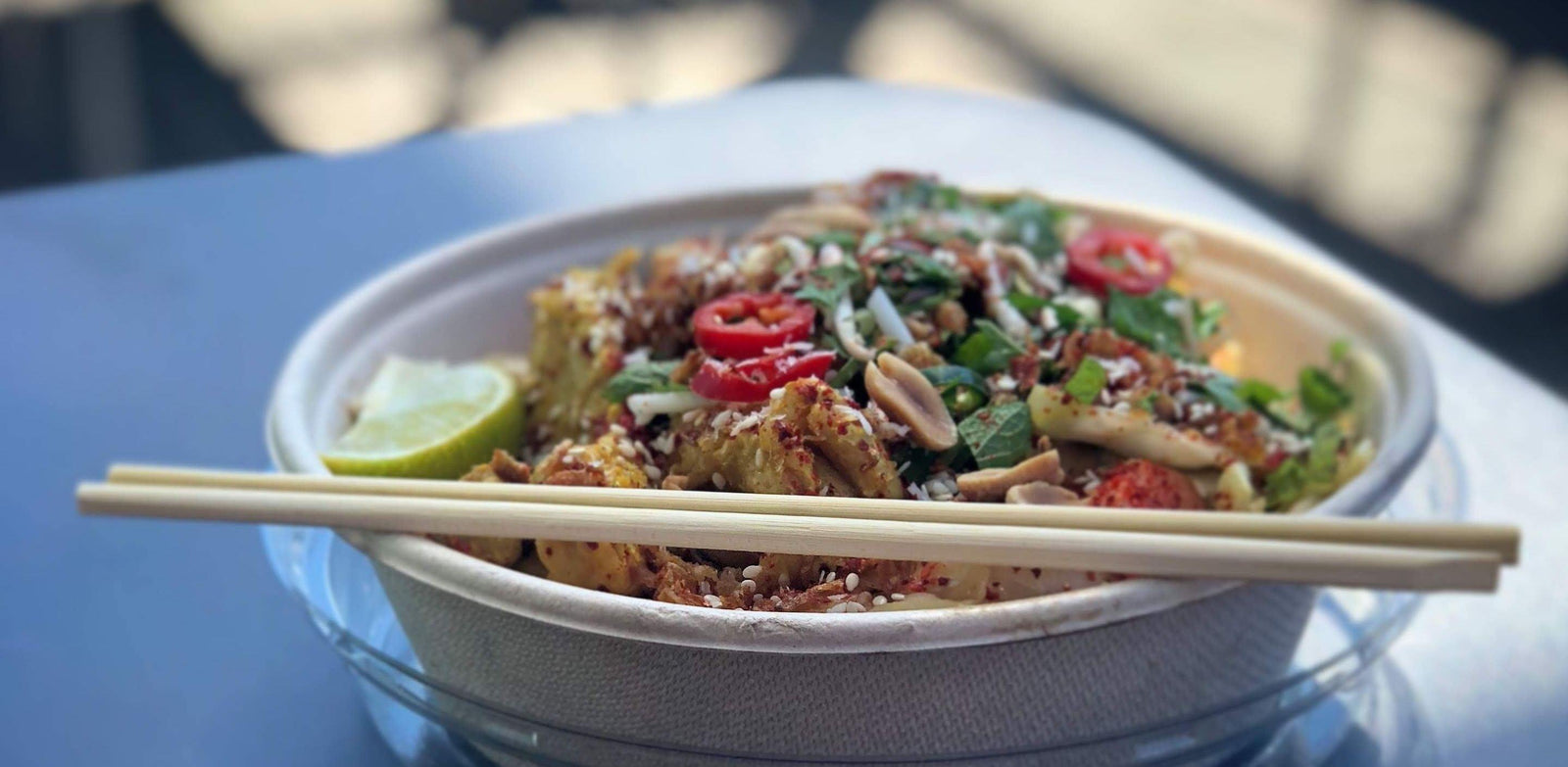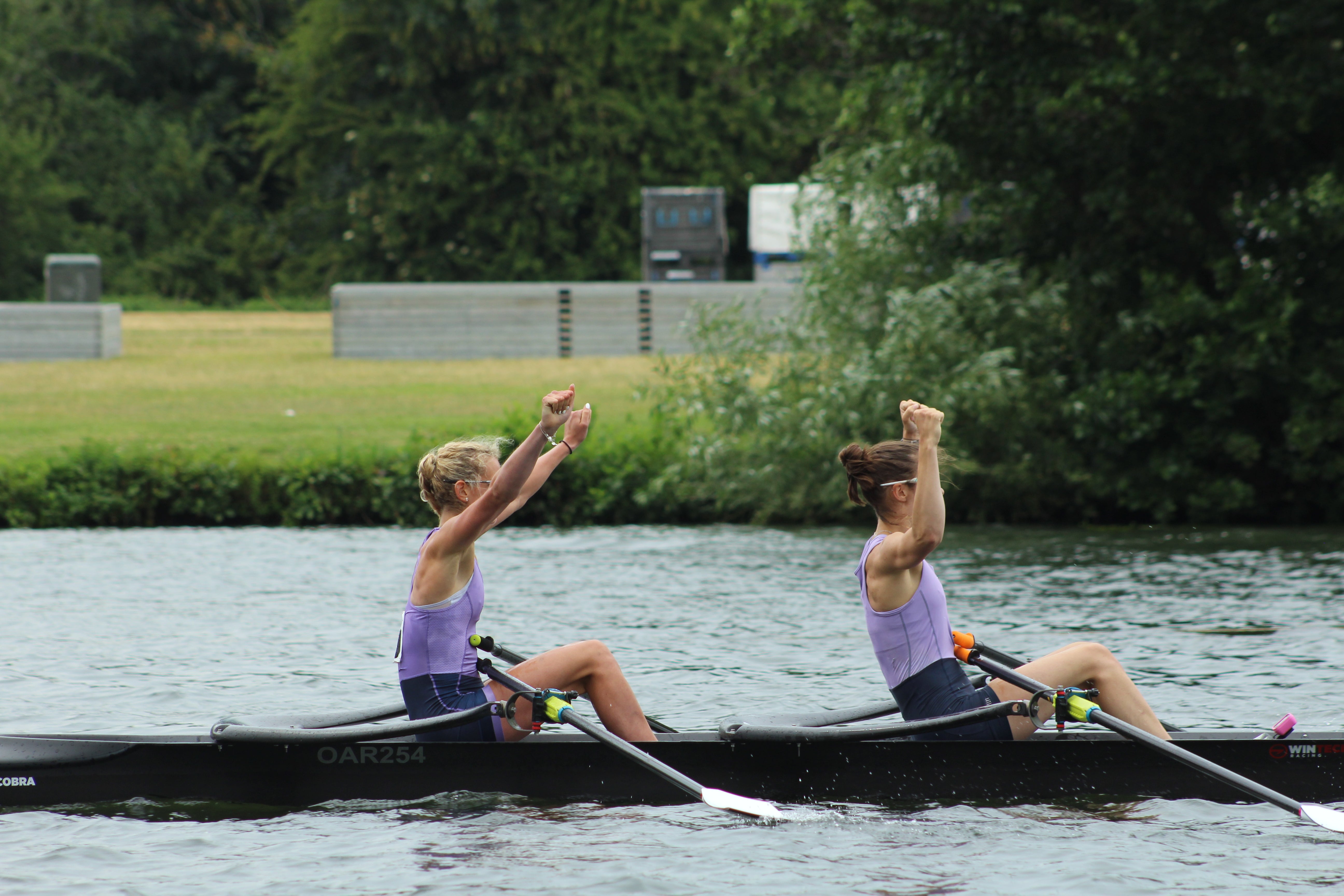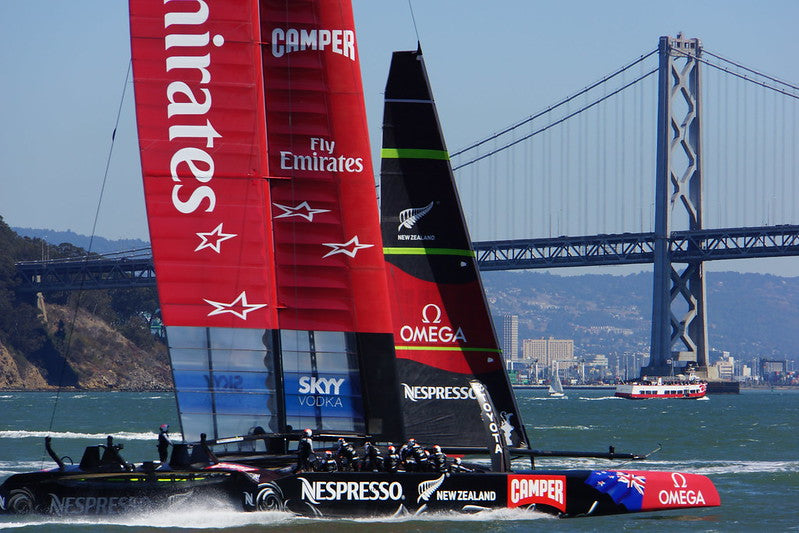Rowing Nutrition

words by Eleanor Brinkhoff
photo by Markus Tourunen on Unsplash
Rowing is a sport where high volumes of training are the norm. With diverse physiological demands placed on the body, it is essential that researched fuelling strategies are implemented to ensure optimal performance.
With workouts ranging from several hours at low intensity while plugged in to a good podcast, right through to gut busting one-minute intervals, there are several different energy systems that must be fuelled.
Carbohydrates provide the majority of fuel in exercise intensities over 75% of VO2 max - a zone that rowers spend a large proportion of their training sessions in. This is stored in the body as glycogen which, through the metabolic pathway of glycolysis, produces Adenosine triphosphate (ATP), a usable form of energy. Various studies have shown that higher glycogen stores enable athletes to train longer before exhaustion. Similarly, the depletion of glycogen stores is associated with reduced high intensity performance, compromised immune function, and burnout.
In real terms this means pasta, rice and bread should be a staple in one’s diet throughout training and into the racing season. The feeling of craving a big portion of lasagne after an intense, long session should be listened to as replenishing depleted carbohydrate stores within a few hours of finishing training is important to optimise recovery.
Chicken breasts, chickpeas, and protein powder have long been associated with muscle growth, something most rowers aspire to achieve to some degree. Through eating the large quantities of food that astounds our non-rowing friends at mealtimes, it’s likely that the quantity of protein needed for muscle growth is achieved. However, timing is also key to achieving those gains with consumption of 0.4g per kg of body weight recommended straight after putting away the weights.
Despite being utilised less than carbohydrates, fats are also a key energy source, albeit they should be consumed in moderation. So, a cheat day pizza, with or without pineapple as a topping, is fine so long as it doesn’t become a regular occurrence.
When so much focus is put into making technical changes and churning out good splits, nutrition can be easily overlooked. However, if adjustments are made to ensure the type, quantity and timing of food intake is optimised this can be another edge to one’s training and ultimately race day performance.








